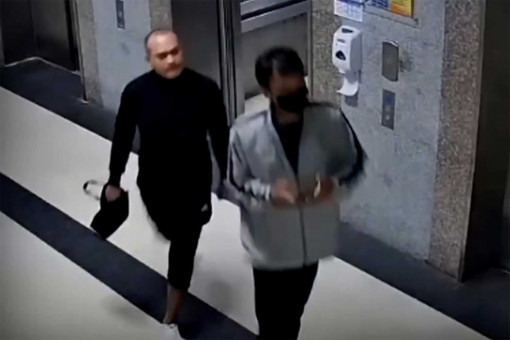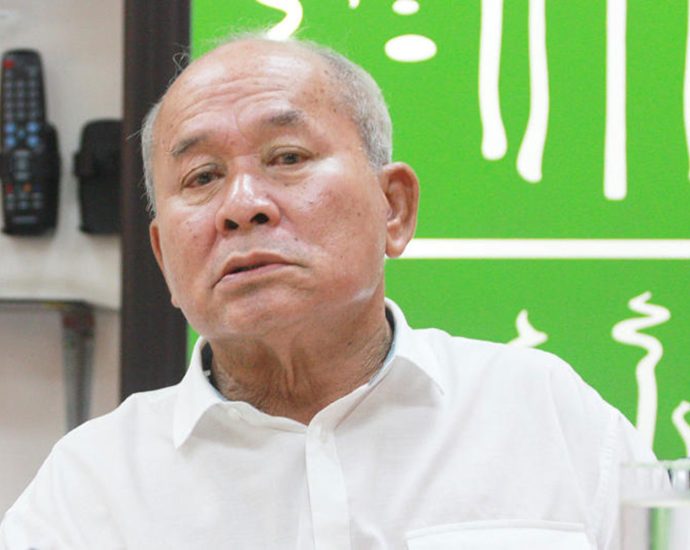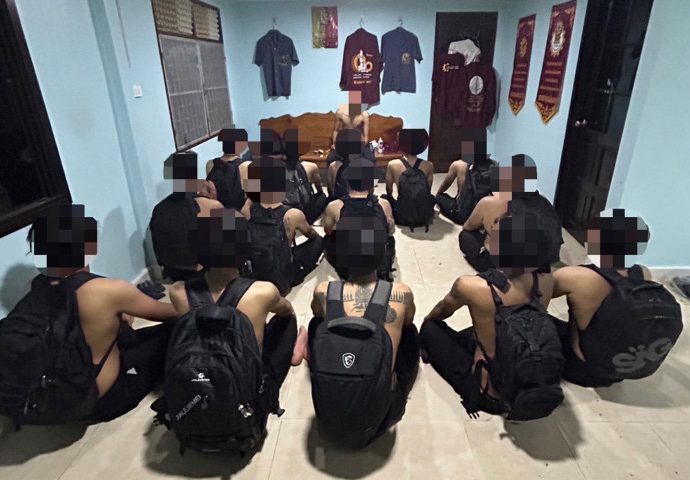‘No bargaining with Chaowalit,’ say cops
PUBLISHED : 25 Nov 2023 at 05:37

Police will not negotiate with escaped prisoner Chaowalit Thongduang, known as “Sia Pang Na Node”, but they would guarantee his safety upon surrender, according to national police chief Pol Gen Torsak Sukvimol.
Pol Gen Torsak was commenting on a report that Chaowalit, who has been at large for more than two weeks, recently contacted police and made conditions in exchange for his surrender.
The national police chief said Chaowalit has reached out to police, but not directly to him, to negotiate a surrender. However, he made it clear that Chaowalit was not in a position to make demands or set conditions.
Police can assure him of his safety, or Chaowalit could stay in danger by remaining a fugitive and resisting arrest, according to the police chief.
Pol Gen Torsak also defended efforts to recapture the convict, saying they were mobilising resources to track him down and that the hunt was being hampered by bad weather.
Police will withdraw from areas and draw up new operations to locate and capture him if evidence suggests Chaowalit had fled from them, he added.
It was reported that Chaowalit had contacted police through a trusted individual and made two conditions in exchange for his surrender — the police must guarantee his safety and they must not take legal action against those who aided his escape.
Chaowalit, 37, who was serving time for attempted murder, took flight into the Banthad mountain range, which stretches across Phatthalung, Trang, and Satun provinces, after escaping from Maharat Nakhon Si Thammarat Hospital on Oct 22, where he received dental treatment. Despite being restrained and wearing leg chains, he managed to get away.
Hundreds of police and state officials were mobilised to recapture him in an operation that is said to have cost 10 million baht. Some communities had to steer clear of their farmland due to safety concerns.














